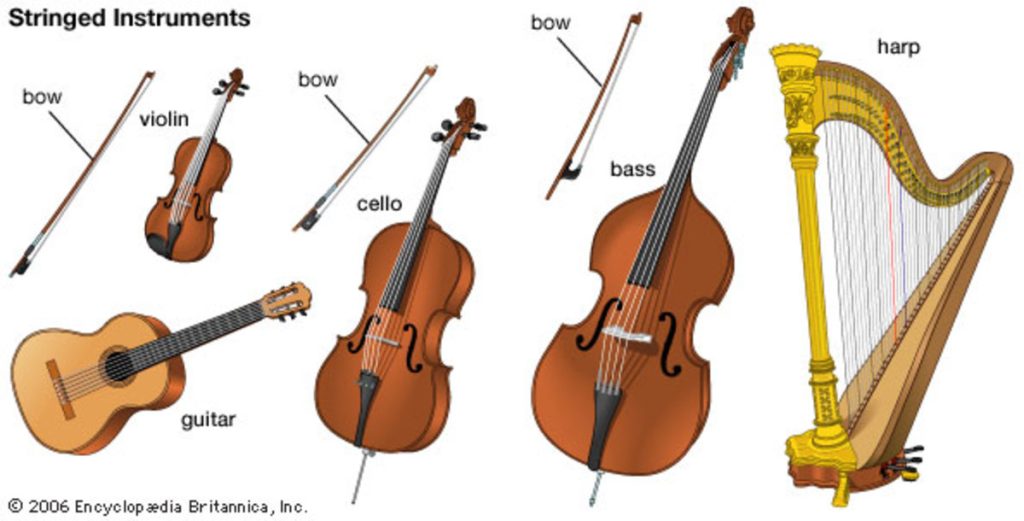Blog
“Choosing Your First Musical Instrument: A Beginner’s Guide to Getting Started”
Choosing your first musical instrument can be an exciting yet overwhelming experience. With so many options available, how do you know which one is right for you? Whether you’ve always dreamed of playing the piano, strumming the guitar, or blowing into a trumpet, this beginner’s guide will help you navigate through the decision-making process and set you on the path to musical success.
In this guide, we’ll cover how to choose the perfect musical instrument, key factors to consider, and tips to get started. Let’s dive in!
1. Why Learning an Instrument is a Great Decision
Before we delve into the specifics of choosing an instrument, it’s essential to understand the benefits of learning music. Playing an instrument not only enhances creativity but also improves cognitive functions, boosts emotional well-being, and even sharpens your discipline and patience.
Benefits of Playing a Musical Instrument:
- Improves Cognitive Function: Studies show that learning music can enhance memory, concentration, and problem-solving abilities.
- Boosts Emotional Health: Music has therapeutic qualities that help reduce stress and anxiety.
- Builds Confidence and Discipline: Mastering an instrument requires practice and perseverance, which builds self-confidence and discipline.
2. Factors to Consider When Choosing an Instrument
Choosing an instrument depends on various factors, such as your personal interests, physical ability, and lifestyle. Here are some key considerations to help you narrow down your choices.

a) Your Musical Preferences:
What kind of music do you enjoy? If you’re drawn to classical music, instruments like the piano, violin, or cello might appeal to you. If you love rock or pop, the guitar or drums could be a better fit. If you’re interested in jazz or folk, instruments like the saxophone or mandolin might be the way to go.
Think about the types of music that inspire you and the instrument that plays a central role in that genre. This can guide you toward the right choice and ensure that you stay motivated to practice.
b) Age and Physical Ability:
Some instruments are better suited for certain ages or physical abilities. For example, a child may find it easier to start with a smaller instrument like the ukulele or violin, while adults may prefer something more physically engaging, like the guitar or drums. Consider your physical size and coordination as well; instruments like the double bass or tuba may be difficult for younger children or smaller individuals to handle comfortably.
c) Budget and Commitment:
Musical instruments vary in price, from affordable options like ukuleles to expensive instruments like grand pianos or professional-grade violins. It’s important to set a budget before making a purchase. Keep in mind that some instruments require additional gear such as amplifiers, sheet music, or cases, which can increase costs.
Consider whether you’re ready to make a long-term commitment. Learning an instrument requires consistent practice, and it’s important to invest both time and money to see progress.
3. Popular Beginner Instruments and Their Benefits
Now that you’ve considered your preferences and practical factors, it’s time to explore some of the most popular instruments for beginners. Here are a few top choices:
a) Piano: The Foundation of Music
The piano is one of the most versatile instruments and serves as the foundation for learning music theory. It’s suitable for beginners of all ages and is often used in various music genres, from classical and jazz to pop and rock.
Why Choose the Piano:
- Easy to learn basic concepts like scales, chords, and melodies.
- Provides a visual representation of music, making it easier to understand musical notation.
- Great for developing hand-eye coordination and fine motor skills.
Getting Started with the Piano:
To start, you don’t need a grand piano—an electric keyboard can suffice. Focus on learning to read music and basic finger positioning. Many online tutorials are available, or you can take lessons from a local instructor.
b) Guitar: Versatile and Portable
The guitar is another highly popular instrument, particularly for beginners. It’s easy to learn basic chords, and its portability makes it ideal for those who want to play anywhere.
Why Choose the Guitar:
- Great for all music genres, especially rock, pop, and folk.
- Relatively easy to start with basic chords.
- Portable and convenient for traveling musicians.
Getting Started with the Guitar:
Start by learning basic chords like G, C, D, and E minor. There are numerous online resources, including video tutorials, that guide you through the process. Be patient, as developing finger strength and calluses can take time.
c) Violin: Classical Elegance
If you love classical music, the violin could be a great option. Known for its rich sound and emotional depth, the violin is popular in orchestras and solo performances. It’s a more challenging instrument to start with but offers immense rewards as you progress.

Why Choose the Violin:
- Ideal for classical music lovers.
- Offers a unique, rich sound.
- Improves fine motor skills and ear training.
Getting Started with the Violin:
Begin with a beginner’s violin and take lessons from a qualified instructor. Practice bowing techniques, finger placement, and tuning your instrument. The violin requires patience, but with consistent practice, you will improve over time.
d) Drums: Rhythm and Coordination
For those who enjoy rhythm-based music, drums offer an exciting way to express themselves. Drums are a core part of many genres, including rock, jazz, and electronic music.
Why Choose Drums:
- Fun and engaging instrument, especially for those who enjoy energetic music.
- Helps develop a strong sense of rhythm and coordination.
- Great for releasing stress and expressing emotions.
Getting Started with Drums:
If you’re just starting, an electronic drum kit is a great option as it allows you to practice with headphones, minimizing noise. Focus on learning basic beats and rhythms. Once you’re comfortable, you can move to acoustic drums or explore more advanced drumming techniques.
e) Ukulele: Fun and Easy to Learn
The ukulele is a smaller, four-string instrument that has gained popularity due to its simplicity and fun sound. It’s a fantastic choice for beginners and requires less physical effort than larger instruments like the guitar.
Why Choose the Ukulele:
- Easy to learn for beginners, with simple chords and fewer strings.
- Great for casual music lovers, especially for those interested in folk and pop genres.
- Light and portable, making it easy to carry around.
Getting Started with the Ukulele:
Start with a soprano ukulele, which is the most beginner-friendly size. Learn basic chords and simple strumming patterns, and within no time, you’ll be able to play a range of songs.
4. How to Stay Motivated as a Beginner
No matter which instrument you choose, staying motivated is key to long-term success. Here are some tips to help you stay on track:
- Set Small Goals: Rather than focusing on mastering the entire instrument right away, set achievable short-term goals, such as learning a new chord or song.
- Practice Consistently: Make practice a daily habit, even if it’s just for 15-30 minutes. Consistency is more important than duration.
- Join a Community: Connect with other beginners, whether online or in-person. Join local music groups or take lessons to stay motivated and get feedback.
Conclusion
Choosing your first musical instrument is a personal decision, and it’s important to pick one that matches your interests and lifestyle. Whether you decide on the piano, guitar, violin, or drums, the most important thing is to start playing. Each instrument offers its own unique challenges and rewards, and with dedication, you can become a skilled musician. So, choose an instrument that excites you, and begin your musical journey today!
Happy playing!


